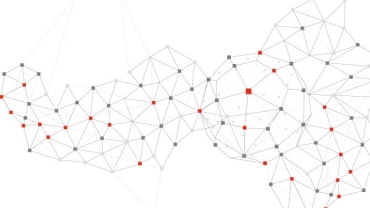
ECJ - Customs valuation - dutiable payment for exclusive distribution rights
08/01/21
On 19 November 2020 the European Court of Justice (ECJ) published its decision on customs valuation matters in C-775/19 “5th Avenue Products Trading GmbH”.
The ECJ ruled that the payment by the buyer of imported goods to the seller of those goods, for being granted an exclusive right to distribute those goods in a given territory by the seller (calculated on the basis of the turnover achieved in that territory for a limited period) must be included in the customs value of those goods when applying the transaction value.

What can this possibly mean for your company?
Companies should be aware that payments for exclusive distribution rights may have to be included in the customs value of the products upon importation into the EU.
If your company is importing products into the EU, you must ascertain that the correct customs value is declared. In this context, it is therefore of the utmost importance that all circumstances are known and evaluated so that payments for exclusive distribution rights of the imported products are included in the customs value where required.
Main facts
5th Avenue Products Trading GmbH (hereafter 5th Avenue) imported Cuban cigars into the EU and used the sales price of the supplier for determining the customs value. 5th Avenue and the supplier also concluded an exclusive distribution agreement based upon which 5th Avenue was granted the right, as sole and exclusive distributor, to import, sell and distribute the cigars in Germany and Austria. In return 5th Avenue undertook to make four annual payments, described as ‘compensation’, of 25% of its annual revenues resulting from the sales of cigars in Austria.
The customs authorities assessed additional customs duties for the payment of the ‘compensation’ after examining the customs value as reported in the imports.
Judgment
The ECJ found that the exclusive distribution agreement is not a licensing arrangement, since in the present case the arrangement does not concern the granting of intellectual property rights. Nevertheless, the payments should be included in the transaction value since it was not included in the sales prices and formed a part of the ‘conditions of sale’ of that product. This since the seller of the goods, who is also the recipient of the payment at issue, would not have supplied those goods without that payment being made. The fact that the payment is timely limited is irrelevant as far as the imports took place at the time when such payments were imposed.
How can we help?
This judgment again demonstrates the complex nature of customs valuation for which not only binding legal regulations are relevant, but especially indicatory case law, guidelines and similar publications.
We can help you to assess the appropriate method for determining the customs value and to ensure that the customs value declared by your company complies with customs regulations and thus avoid incurring additional customs duties.
Contact us

Simeon L. Probst
Partner, Customs & International Trade, PwC Switzerland
Tel: +41 58 792 53 51




















